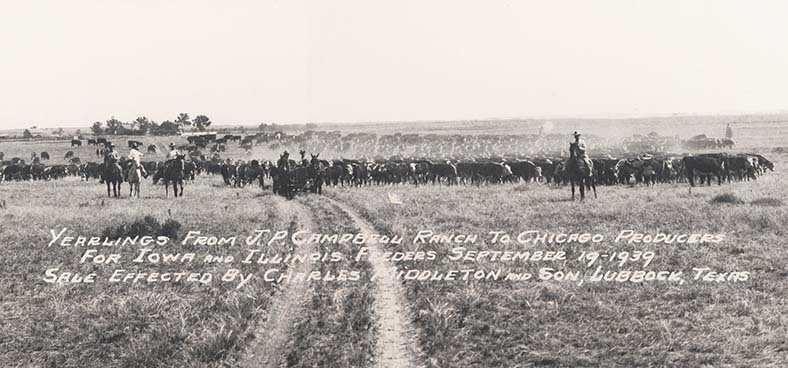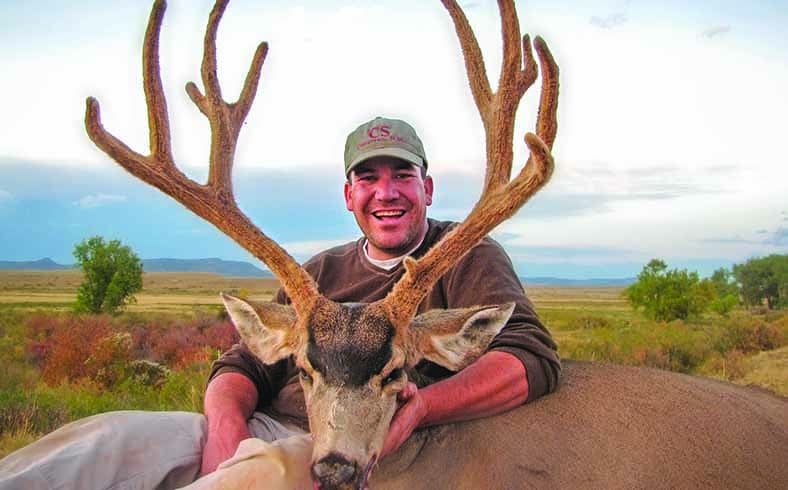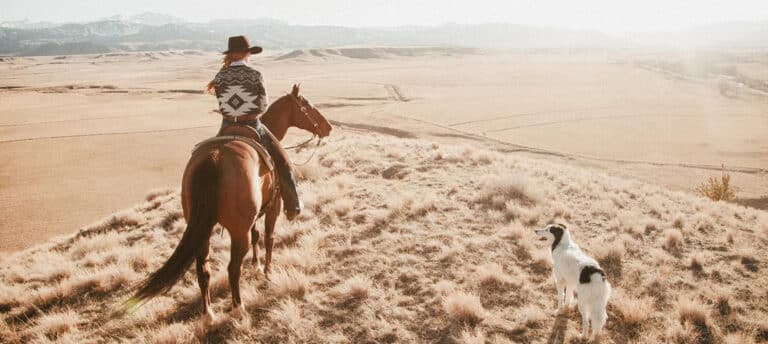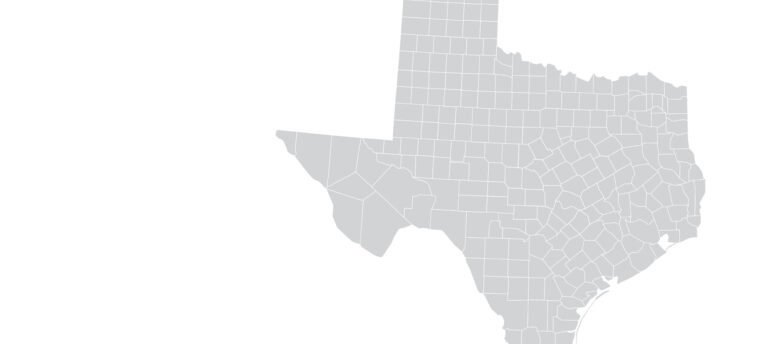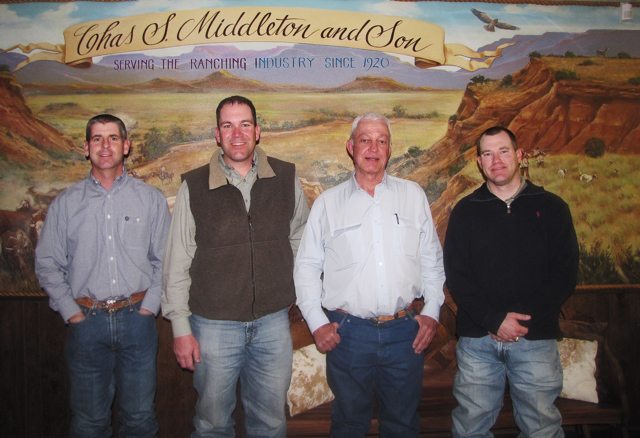
When looking for an example of a family run business, one would be hard pressed to find a better example than Chas S. Middleton & Son. Located in Lubbock, Texas, the company was founded by Charles Middleton in 1920. Almost a full century later, the company is thriving with a solid reputation as premier ranch brokers and land value experts in Texas, New Mexico, Kansas, Colorado and Oklahoma.
While some traits are inherent and consistent in each generation, like integrity, hard work and dedication, each generation has also brought its own contribution to the business, capitalizing on current markets, technologies and trends.
Charles S. Middleton forged the company out of an existing cattle sales operation, with inside knowledge and impeccable contacts. Lee Middleton expanded the business to include mortgage loans, loaning money on farms and ranches, which kept him in contact with farm and ranch buyers and lead to many ranch sales. Sam Middleton, took a great interest in the appraisal side of the industry, growing the land value side of the business and establishing the company as land value experts. Charlie Middleton is currently capitalizing on the digital age, offering high tech mapping and marketing technologies.
View Sam Middleton’s land listings on Lands of America
With four generations of deals behind you, what is your favorite thing about the industry?
Thinking about different things, I think the one thing that comes to mind, and that is important, is the appreciation that land has had over the years. There are properties we have sold and resold over the years, and how great the appreciation has been on these ranches, historically. I can give you many examples of that to really show how the value has went up tremendously over the years. For example, one ranch my dad sold, 56,000 acres in 1955 for $11 an acre. I sold it 1987 for $450 an acre. Today, it would probably bring $1,500-2,000 an acre. Those kind of sales really show what a great investment land has been.
Do you remember the first ranch deal you worked on?
I started with my dad in about 1971, I would have been about 22 or 23 years old. And, the first ranch I ever sold was about 8,000 acres in the Palo Duro Canyon. That is rough, canyon country. I sold that ranch for $65 an acre; and about a year ago, Charlie resold that ranch for about $600 an acre.
One of the things I will always remember about that ranch is that it was part of the JA Ranch, a big ole’ ranch in the Texas Panhandle; we had to survey it. And, my dad said, “You need to get experience learning how these surveyors work.” So, he sent me out with the surveyor. That was back in the old days when you drug a chain. The measurement they used was called varas. A vara is 33 1/3 inches; and this chain was 100 varas long. Here we were dragging that chain in this straight up and down, rough canyon country; If you think about that means of measurement compared to today’s satellite imagery, there is no way it could have been very accurate back in those days. A lot of ups and downs, you know?
What would you say the market is like today?
It peaked in 2007 and then when the recession started at the end of 2007 or early 2008, ranches just quit selling for awhile. They started selling again, but the volume has been down quite a lot. I would say, overall, depending on the type of land, the market has softened somewhere in the neighborhood of 10-15% over the peak. But, it seems pretty stable right now. The economy and the drought, together, have really slowed things down.
So, if I was a buyer, is right now a good time to buy?
Oh, I think it’s a real good time to buy! Right now, because, we are going to have inflation again; I don’t know when. Our buyers today, principally, are investors or oil people, without any real ranching background, but they just view land as a safe, long term place to park money.
Which one would you fix first, the drought or the economy?
The drought! If you could fix the drought, it would do a lot to fix the economy.
How has the industry changed over the years?
Well, going back to when my dad was in business; I followed him around for about 20 years. When I started out, he would keep an inventory of 20 or 30 ranches for sale. But, he, and most brokers back then, never thought about having an exclusive listing. It was all handshake agreements and open listings. It was more of what I call a “buckshot approach,” where you have a lot of properties for sale, and you find a buyer for one of those deals. He was very successful with that. After I got into the business, I kind of converted our operation into just working on exclusive listings. We generally only have six, or eight or ten ranches for sale, but we have exclusives on them, where we can spend the money to advertise and really showcase the property and still be protected on the listing. That has been a major change in the business over the last forty years.
So, what I am hearing is that when you take on a new property, you kind of take it on as your own and hold the seller’s hand through the deal?
Yes, yes, we are an exclusive agent. We represent the seller in the transaction.
Basically, what I would like to say about my company: We are a small company. We don’t have a lot of salesmen. I own the company, and I handle the larger ranch sales in Texas and the other states we work in. Charlie, my son, is really involved in hunting and he is very interested in the recreational market. Charlie handles all of the recreation type properties. Then, we have two other guys in the office. Chad Dugger helps me on ranch appraisals. He travels with me and writes the reports. Then, we both sign them. And, Rusty Lawson, my farm salesman; he also does all our farm appraisals. The beauty part of our business, right now, is that each of us has our own strength and we work together as a very specialized team. We have been very successful with this. Everybody has their own piece of the pie.
What is the best or most interesting deal you have worked on?
There are stories about all of them that are great, but I guess that 71,000 aces up in the Texas Panhandle is one of my favorites. I’ve sold it three times. Always a fun deal to work on, the uniqueness of the country, a good cattle ranch, but it also has good hunting on it; and a lot of good history behind it.
Does having a “good history” sell property?
Oh yeah. Anytime you’ve got a property that is part of a well known, historic ranch, it peaks buyers interest and will usually bring a premium.
What have you learned is the most important aspect of selling large properties?
I think you have to learn the property and believe in it. Nowadays, with all the satellite imagery and technology available, it makes it easier. We put together a really good map and put together a good packet of information and figure out the best way to show the ranch. I truly believe that to successfully sell a ranch, you have to be sold on the ranch yourself.
What is the key to being a successful broker?
I think that what has benefitted me is the history of the company, the longevity of the company and the fact that I inherited some very good contacts!
What is the strangest experience you have had while showing a ranch?
I remember when we first started our website, and I wasn’t sold on the idea of a website at that time, but I had a lady call me who had seen a ranch we had listed, about a 7,000 acre ranch. She called and was really interested in the property, but wanted to view the property in all four season of the year. She wanted to pick out her “plot” after viewing all the seasons. Apparently, she understood that because the property was listed with a per acre price, you could just pick out five or ten. Nowadays, the website is a very valuable tool for buyers and a big asset to our business.
What do you think is the greatest benefit of owning land?
Well, I think long term appreciation; the enjoyment of the land, you know, a guy in Houston that works in an office is able to go out and spend a few days on his ranch, get away from the grind of doing business in Houston and enjoy the property and the lifestyle; and then the tax benefits, the depreciation you can get off of the improvements and charge that against your other source of income. It really is the lifestyle and long term appreciation.
What do you do on your day off?
Well, I’ve got a personal ranch over at Dickens, Texas. We work a lot on the weekends, but if I get one off, I go over there. It is only 55 minutes from Lubbock, which is handy for me.
And, what do you do on your ranch?
Oh, you know, dream and plan, look at the cattle. It is something I enjoy.
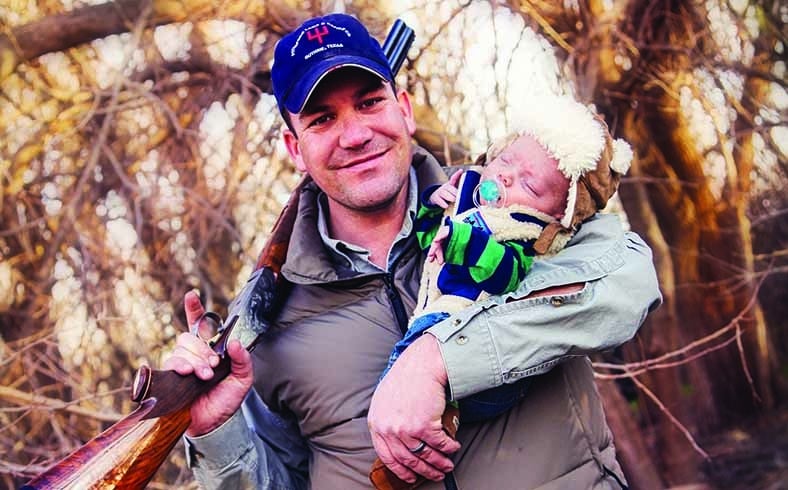
Obviously, selling ranches is in your blood, but has it always been a clear path?
My dad got me in the business; I got started in it at a very early age. And, this is all I have ever wanted to do.
If you had to pick another career, what would it be?
Well, if I could afford it, it would be ranching. But, I have to sell ranches to be able to afford the ranch I’ve got.
Your family has been selling farms and ranches for four generations, are we training a fifth?
Well, Charlie has a one year old, so hopefully!
View Sam Middleton’s land listings on Lands of America
This interview appeared in the spring 2013 issue of LAND magazine. Click here to read past issues of TEXAS LAND and LAND magazines, plus to become a subscriber!
